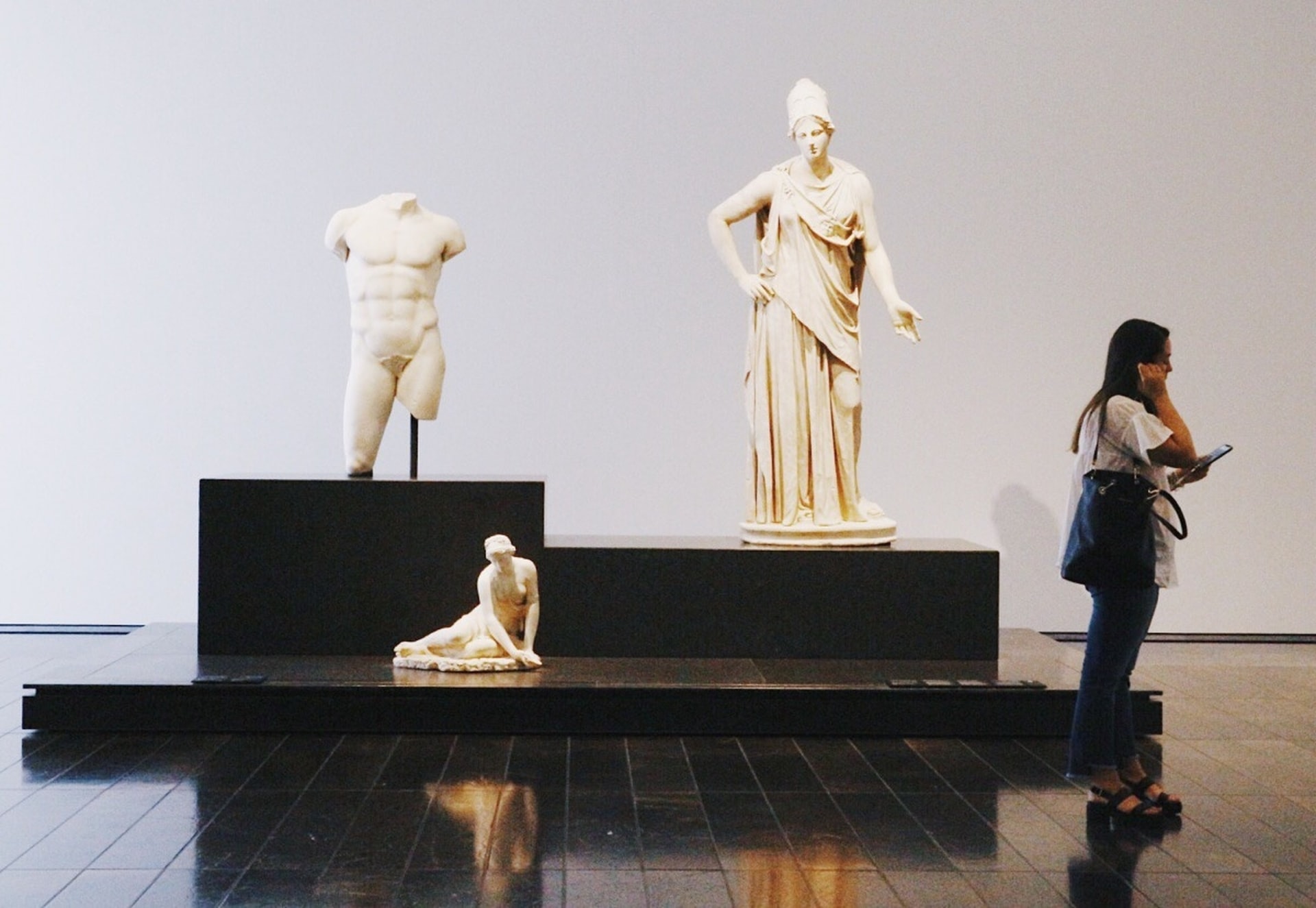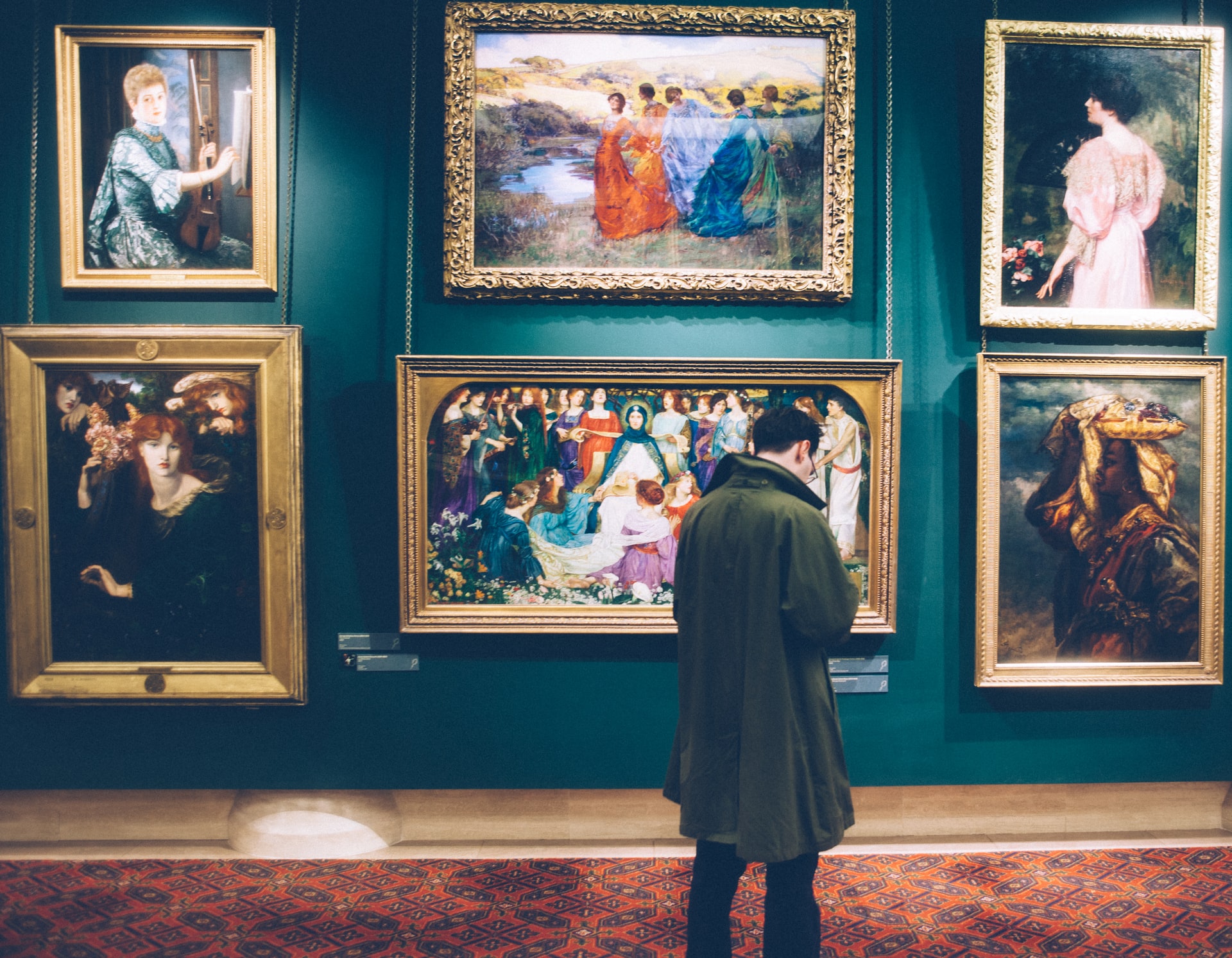Consider the last time you visited a museum, art gallery, exhibition, or looked at ancient marble statues. Which parts drew your attention the most? Did you read the plaques that were placed next to them? Did you get any information about where the items came from or how they were acquired? In all honesty, did you care how they got to the museum?
Many museums throughout the world now house art and artifacts that were plundered or stolen from their countries of origin during colonial control. Do you believe museums have the right to keep and exhibit these items? Why do you think that is?
The requests for the return of certain artifacts, most notably the Elgin Marbles, to their place of origin have sparked a great deal of debate. We will examine the social, moral, and practical grounds for and against artifact repatriation in this discussion. Using examples from around the world, we may discuss their benefits and ramifications.


Many of the most famous museums in the UK have spectacular artifacts from the country’s colonial period as their centerpieces. From gigantic slabs of stone to trinkets from Africa, Australia, and beyond, a diverse collection of objects were collected from throughout the world and shipped to London for display and study. In other cases, this was the result of honest explorers and archaeologists looking for these artifacts. In many other situations, these artifacts were taken as war trophies from defeated countries and have since been housed in museums.
Former colonies of the United Kingdom and other empires are increasingly raising this problem with governments and inquiring directly with museums as they reflect on their history. A number of countries have made repatriation petitions, hoping to restore lost pieces of their history and culture. However, many of the petitions have been denied, making this a difficult situation. In some situations, museums have instead loaned the artifacts to the countries from where they were taken, with the idea that they would be returned.
Interesting article: Stealing Africa: How Britain looted the continent’s art, Al Jazeera
Teacher Resources
Level: Intermediate: B1/B2
Running Time: 90 minutes +
Key Terms
To understand this debate it is useful to learn the following words and concepts.
Loot
Artifact
Repatriation
Origin
Treasure
Colonial
Imperial
Exhibitions
Pros and Cons of Returning Artefacts to their Country of Origin
It is, without question, the right thing to do

Agree
Repatriation of artifacts to their countries of origin is the proper thing to do.
They have a one-of-a-kind connection to the place where they were made and are an important component of the region’s cultural past. Returning the artifacts to the place where they were manufactured and utilised should honour that connection.
We can’t change the past, but we can make a decision about what we do now and how they can be given back. If there are problems with expertise to care for them, then that will be our responsibility to help.

Disagree
‘It’s the correct thing to do,’ isn’t a very detailed or specific response. Who is it that says this? Why?
Can the artifacts be preserved as well in the country of origin country? Does it change hands after a certain amount of time? What’s to say that if these artifacts are forced to return to their homeland, other countries won’t demand the same thing?
As we speak there are many countries that are experiencing civil war, drought, and other natural disasters. How can they be expected to maintain large complex facilities to keep works that are a treasure to all people around the world?
They are normally better cared for in museums, and shouldn’t all of them be returned if one is returned? This is untrustworthy and unrealistic.
The historical context of an artefact goes beyond its origin

Agree
We should not be proud of a history of conquest, robbery, and tyranny; these artifacts should be used to memorialise unique cultures, not to commemorate their annihilation by imperialist nations.
At the moment, you can argue that these objects are being displayed as treasures from looted nations.

Disagree
Artifacts have a historical and symbolic significance that extends beyond their origins; with time, they develop a bond with the location in which they are housed. The Egyptian obelisk at Rome’s Piazza di San Pietro, for example, was brought to Italy during Caligula’s reign. It is no longer just an “Egyptian” relic; it has become a symbol of Roman supremacy in the ancient world, as well as the European Christian civilization that followed. Another Egyptian obelisk brought to New York in the 19th century serves as a symbolic link for Freemasons to their forefathers.
These objects can be used to help develop countries through tourism

Agree
Tourism is often the only high-value source of income for developing nations. The crowds of tourists often bring large amounts of spending money, often US dollars or other desirable currencies. This helps to spur on their economy and makes them better placed to earn from their own history, traditions, and objects made by their ancestors.

Disagree
Countries with allegedly lost relics, such as Greece, frequently have a plethora of additional attractions that attract tourists, such as pleasant weather, beautiful beaches, and scenic views. They also have the allure of being the original sites of historical events or points of interest. The Greek sanctuary of Olympia and Delphi are wonderful examples of this; they aren’t loaded with objects, but they continue to draw tourists because the places are fascinating in and of themselves.
Many of these countries do not have the infrastructure to correctly care for these items. Who is to say that once they are given back that they will be continued to be kept in a good condition.
Museums will lose money and won’t attract tourists
Agree
Losing the most prominent artifacts would also undermine the museums’ ability to attract visitors, at a point where many already struggle to sustain themselves through donations, exhibition fees, and merchandise. Losing a major piece that’s been in a museum’s collection for hundreds of years would be like the Louvre losing the Mona Lisa; while there are plenty of other attractions, that one painting is the one that gets most people through the door.
Disagree
This is a structural as well as a financial argument. As previously stated, many museums have catalogs containing millions of artifacts, the majority of which are still in storage. If there are items from another country that aren’t even on the show, there’s a case to be made that they should be displayed and appreciated in the place where they originated. Maintaining these catalogs is both costly and time-consuming, so shrinking them could save up funds to maintain or perhaps purchase other items.
Read more
Museum of the Missing: A History of Art Theft
The Whole Picture: The colonial story of the art in our museums & why we need to talk about it
Restitution: The Return of Cultural Artefacts (Hot Topics in the Art World)
Whose Culture?: The Promise of Museums and the Debate over Antiquities
Images of people used under license from Generated Photos



